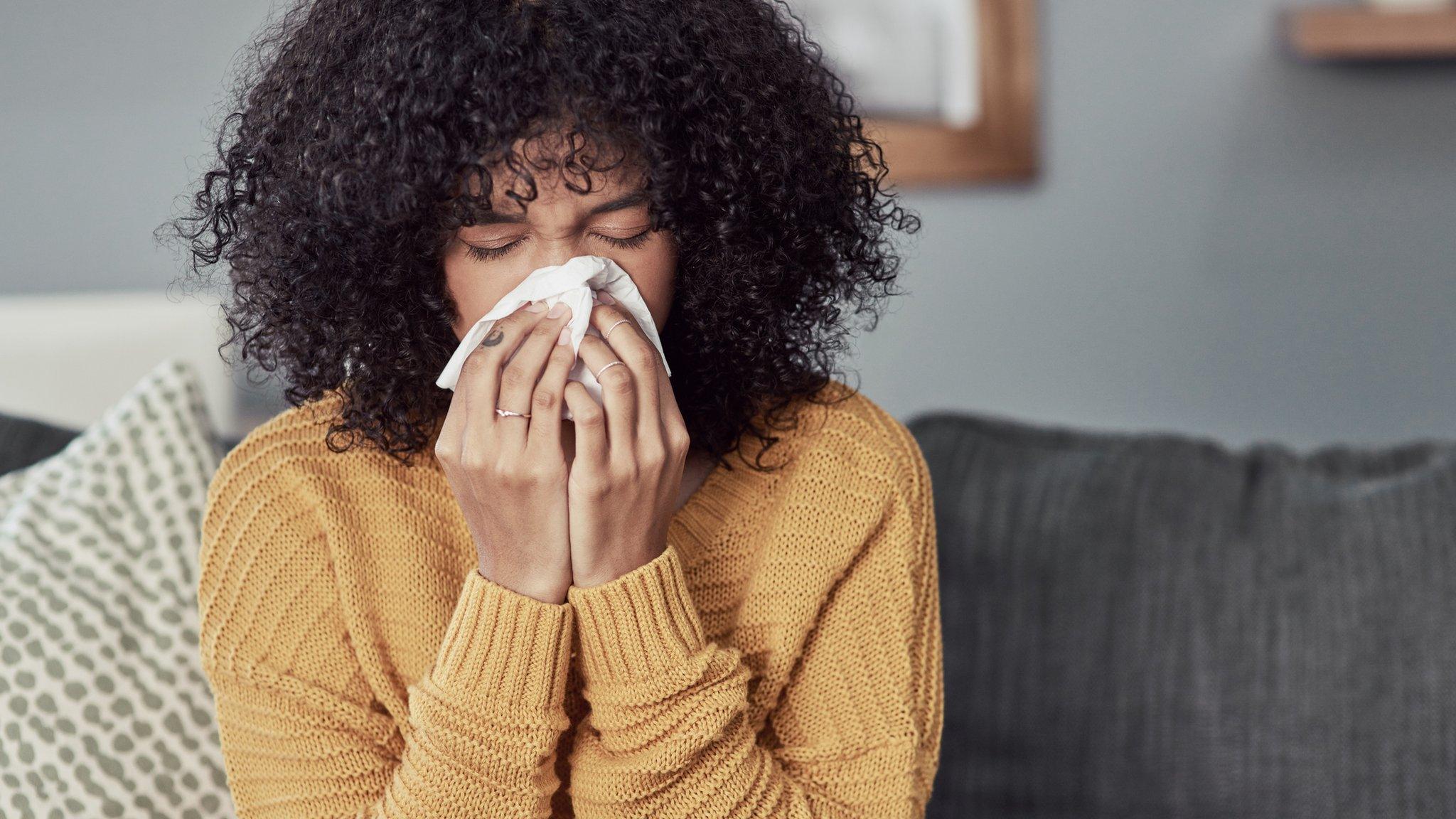Covid self-isolation guidance to end in Scotland
- Published
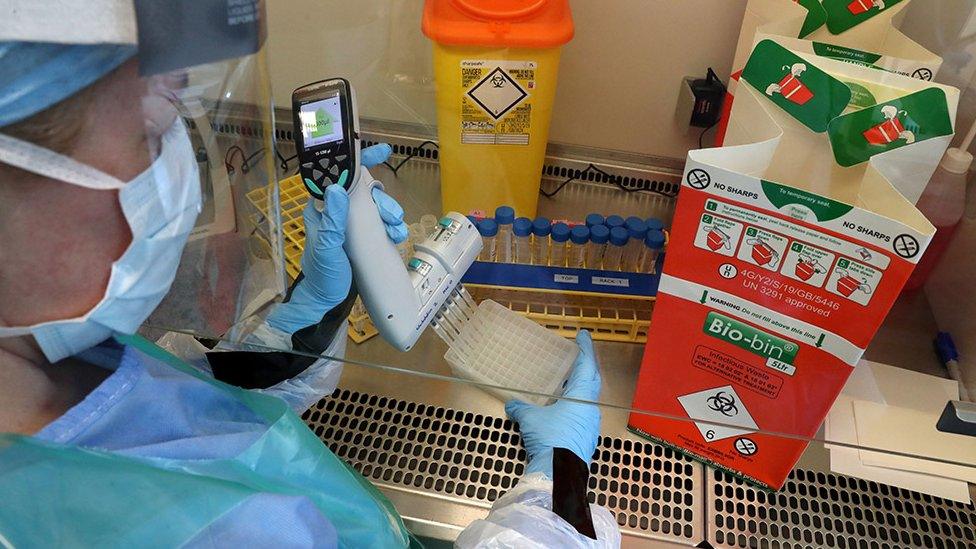
Testing for the public will end on 30 April
Self-isolation guidance is to end this weekend for people in Scotland who have Covid-19 or symptoms of the virus.
From Sunday, public health advice will change to a "stay at home" message for people who feel unwell or have a fever.
They will no longer be advised to take a PCR test and all contact tracing will end.
Health Secretary Humza Yousaf said Scotland was in a "different phase of the pandemic" and was now "focused on reducing severe harm of the virus".
Scotland's list of official Covid-19 symptoms will also be expanded from Sunday, bringing it closer in line with guidance in the rest of the UK.
The original signs of a Covid infection that were recognised in the UK were:
fever
new continuous cough
loss of sense of smell or taste
Additions to the list in Scotland include: shortness of breath; unexplained tiredness, lack of energy; muscle aches or pains; unusual hunger; headaches; sore throat, stuffy or runny nose; and diarrhoea, feeling sick or being sick.
The current guidance for people who test positive for Covid-19 is that they self-isolate for 10 days, or seven days if they have no temperature and have recorded two negative lateral flow tests from day six of isolation. Self-isolation rules in England, which were a legal requirement, ended in February.
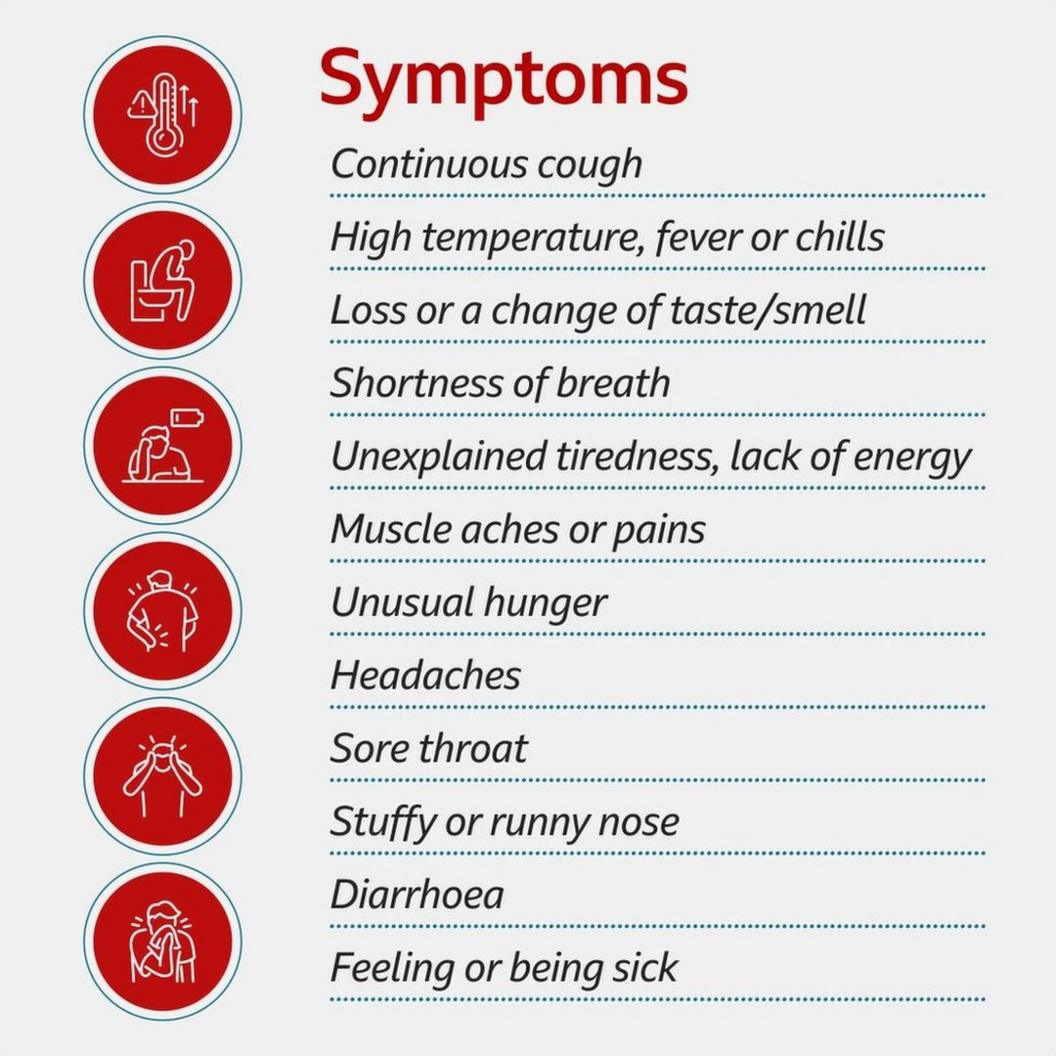
NHS Scotland will also be taken out of emergency footing at the end of Saturday 30 April as Covid-19 cases continue to fall.
The changes are part of Scotland's Test and Protect transition plan published last month.
PCR tests for the public will end on 30 April and test sites around the country will be closed. Free lateral flow tests for the general population have already stopped.
The Protect Scotland app will also be closed down shortly, but users will be advised to keep the app on their phones in case it is needed again at a future date.
However, testing will remain available to certain groups including health and social care workers, care home and hospital visitors, patients groups eligible for treatment, hospital patients, unpaid carers and people in prison.
Other adults who have symptoms of Covid-19 and other respiratory illnesses and have a high temperature or do not feel well enough to go to work or carry out normal activities, will be advised to stay at home, external until their fever has gone or they feel well enough.
Children and young people aged 18 and under with mild symptoms such as a runny nose, sore throat, or slight cough, who are otherwise well, do not need to stay at home and can continue to attend education settings.


This expansion of the list of Covid symptoms is bringing Scotland more in line with England - although there is a difference in the language used.
The issue is that these symptoms are very similar to those of other illnesses such as cold and flu.
In addition, we can also expect runny noses and headaches to become more common over the next few months as hayfever season starts here in Scotland.
It means that unless you've got lateral flow tests in your home, if you're sick you won't know for sure if you've got Covid or something else.
Either way, from Sunday, you'll no longer need to self-isolate but the Scottish government is still asking you to stay at home.
It means what happens next in the pandemic is now fully down to individual choice rather than government rules.

A Scottish government spokesman said this reflected the fact that children and young people generally have a higher likelihood than adults of regular instances of respiratory symptoms from non-Covid illnesses.
Mr Yousaf said the Test and Protect programme was one of the "key interventions" in Scotland's response to Covid-19, thanks to its "remarkable staff and volunteers".
He said: "I would also like to thank the Scottish public for their commitment and willingness to engage with Test and Protect when it was required of them and helping to protect their fellow citizens.
"However, we recognise we are now in a different phase of the pandemic. The primary purpose of testing is changing from population-wide testing to reduce transmission, to a targeted response focused on reducing severe harm of the virus."
"As we are now seeing a steady reduction in new Covid cases, the NHS will no longer remain on emergency footing after Saturday 30 April. But we must continue with a measured approach to support the recovery and renewal of our NHS."
The NHS needed to respond to increasing demands for urgent care and reducWee backlogs while "balancing capacity of the NHS and the wellbeing of the workforce", he added.

SYMPTOMS: Is a runny nose a cold or Covid?
ISOLATION: What is the Covid isolation advice now?
MANAGING COVID: How to look after yourself at home
COVID CASES: How many cases are there in my area?
LONG COVID: What is it and what are the symptoms?
TREATMENT: What progress is being made?

Related topics
- Published3 May 2022

- Published27 April 2022
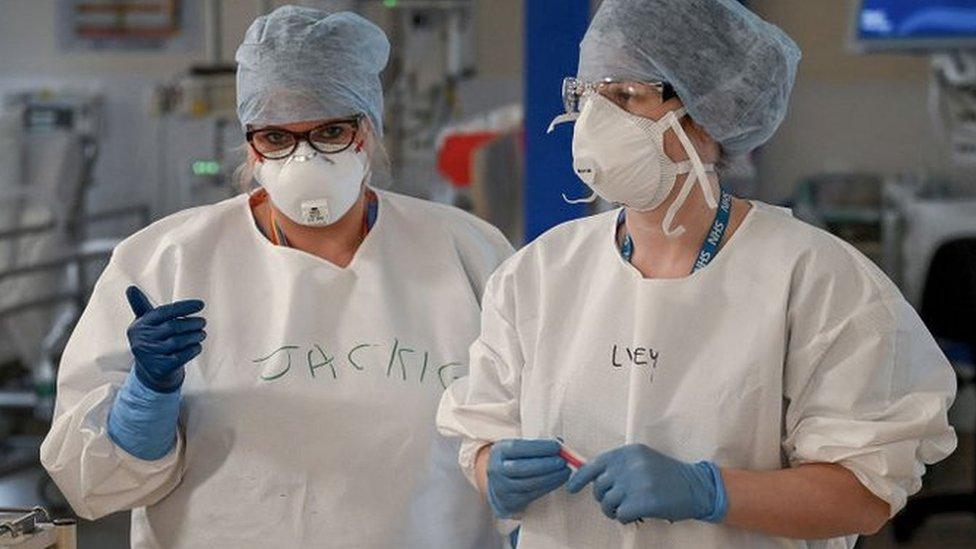
- Published22 April 2022
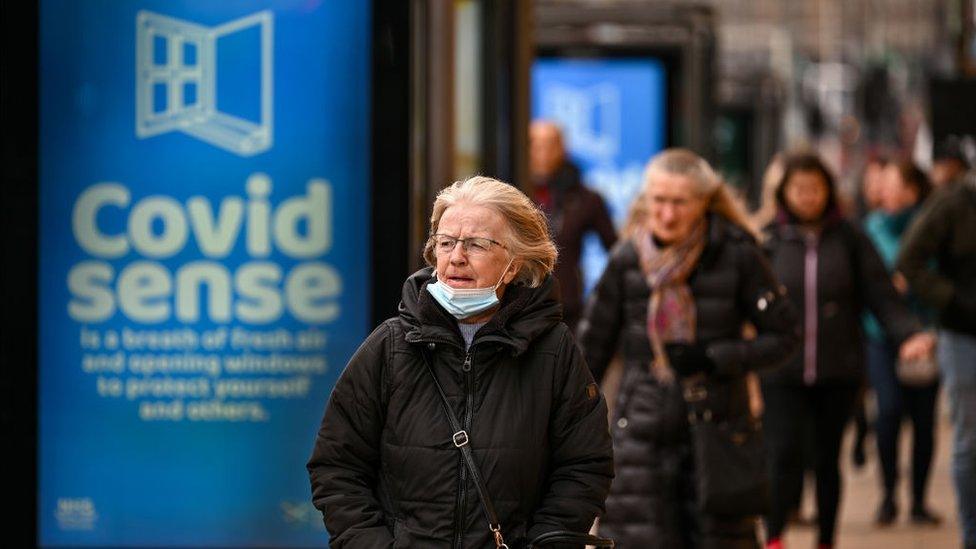
- Published19 April 2022

- Published6 April 2022
